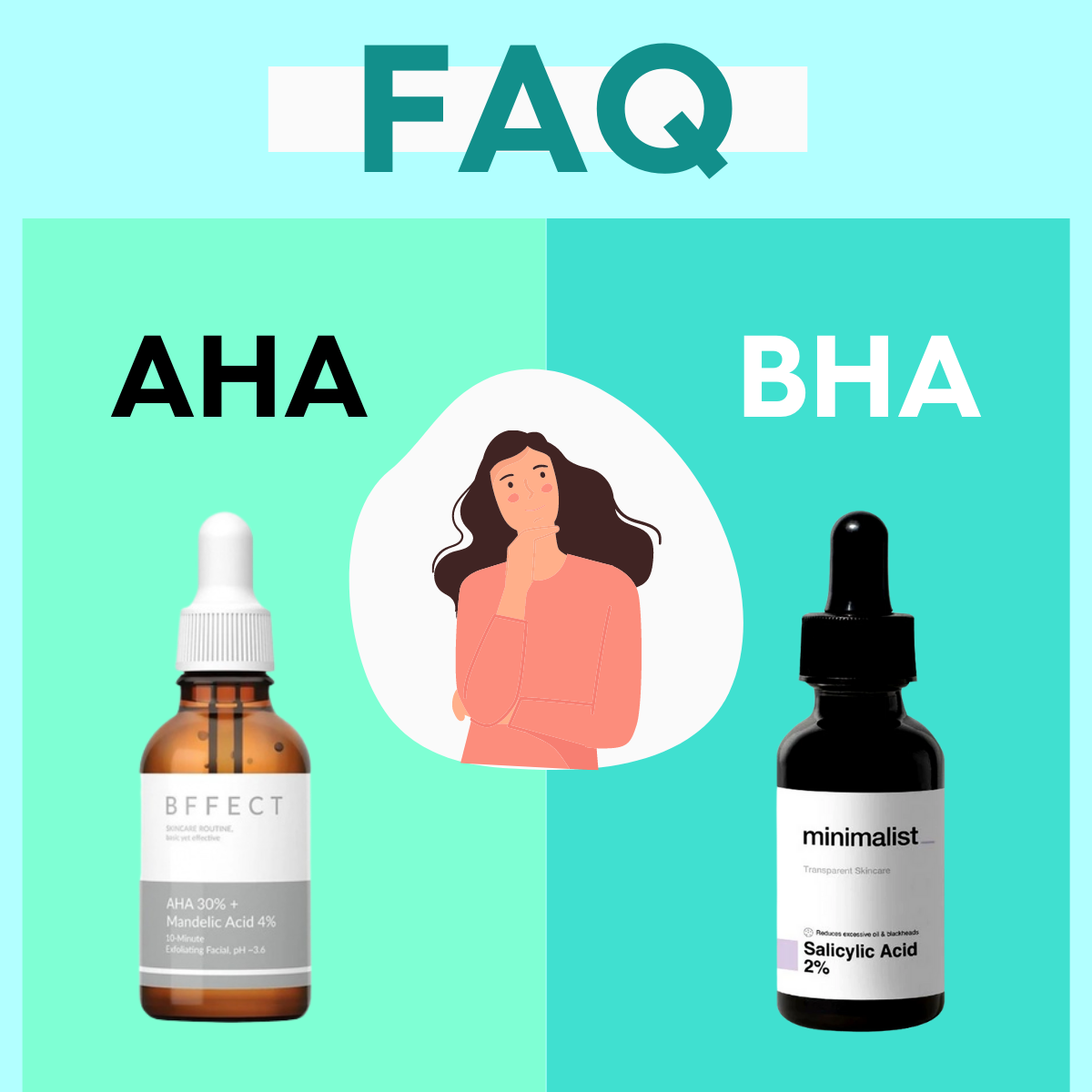When it comes to keeping your skin healthy, commitment is a huge thing. From protecting the skin against sun damage every day to supplying the skin ingredients it needs to function optimally, the list never stops.
These pointers are all the basic pivotal values advocated by most professional specialists so that you will have perfect, supple smooth skin. But what is one of the most important things that many still often forget about? Exfoliating!

Our skin routinely sheds countless amounts of dead skin cells every day. The natural skin exfoliation process drastically slows down over time due to sun exposure, aging or other lifestyle factors. The results? Wrinkly, dull, and dry skin, with enlarged and clogged pores or even breakouts. As a matter of fact, many skin concerns and signs of aging happen because the skin loses its ability to healthily shed off the burdensome dead skin cells.
Without any question, exfoliating is a step that you would never want to miss in your skincare regime. Exfoliants such as alpha hydroxyl acid (AHA) or beta-hydroxy acid (BHA) are some of the great choices that will make a world of difference in your skin’s appearance.
1. Will AHA or BHA thin the skin?
Answer: Technically, no.
Some people never exfoliate their skin because they simply have no idea about the benefits of this concept, while others somehow have the perception that exfoliating will make their skin ‘thinner’.
While exfoliation does shed the useless cells on top of the skin (at the layer called stratum corneum), it does not make it any less thick. This is because your skin continuously regenerates new cells every day under the dermis layer.

Research also shows that AHA and BHA have the ability to stimulate collagen reproduction underneath the skin, which helps the skin to stay firmer, at the expense of unwanted dead skin cells. So when you are exfoliating, you are basically removing dead cells on top and rebuilding fresh cells at the bottom of the skin.
Instead of worrying about thinning skin, think of it this way. When you don’t exfoliate, your skin will become ‘thicker’ due to the accumulation of dead skin cells which will cause problems to it. Thus, exfoliating will keep these dead cells to a minimum and indirectly tells the underneath layer to produce skin-firming collagen naturally, so your skin thickness will stay balanced.
2. What are the differences between AHA and BHA?
Answer: Chemical properties.
AHA and BHA are carboxylic acids with one hydroxyl group (hydroxy acids). AHA consists of two functional groups that are separated by ONE carbon atom and are attached to the “Alpha” side of the carboxyl group. On the other hand, BHA has two functional groups separated by TWO carbon atoms and are attached to the “Beta” side of the carboxyl group. Hence, one is called Alpha Hydroxy Acid and another is named the Beta Hydroxy Acid.

AHA and BHA have the same carboxylic acids’ chemical structure, which is why they carry a few similar functions. Both AHA and BHA have the ability to:
- reduce fine lines and wrinkles
- stimulate collagen reproduction for firmer skin
- brighten skin tone
- unclog pores
- enhance skin’s smoothness and softness
However, due to the difference in the number of carbon atoms, these exfoliants possess different properties.
BHA is oil-soluble. It works inside the pore lining to dissolve clogged sebum which is perfect for those with combination to oily skin who are struggling with whiteheads, blackheads and breakouts concerns. BHA is also well-known for its anti-inflammatory effects, which makes it exceptionally fitting for extra sensitive skin
Nonetheless, these are merely general knowledge and do not mean that anyone with dry skin cannot enjoy the functions of BHA or vice versa. We believe all skin types will experience the beautiful benefits of both ingredients if they are formulated properly in other products. If you are curious as to which one suits you best, try experimenting with both and pay close attention to how your skin reacts to each. For dry skin, we recommend starting with AHAs while BHA is a great first choice for those with oily conditions.
3. Can AHA and BHA be used together?
Answer: Not necessarily.
From countless raves and reviews that we have seen over the years, there really isn’t anybody who has ever expressed their dismay after using AHA and BHA, either separately or both alternatively. The endgame is still the same: you need to experiment with them and decide for yourself.
However, layering AHA and BHA at the same time can be too much for the skin. You will absolutely not see better results through layering both products simultaneously. One at a time is enough for the skin and is less burden for your wallet too.
4. Must AHA and BHA be used with sunscreen?
Answer: No, but sunscreen is still a definite must.
There have been myths and rumours going around that you need to apply sunscreen when using exfoliants because they can irritate your skin.

Here is what you need to know. An exfoliant never makes your skin more susceptible to the sun, because your skin is naturally vulnerable to UV damage since the first day it is created, regardless of whether you apply an exfoliant or not during the day.
Forget about the infamous “exfoliants makes your skin sensitive” claims, you definitely need sunscreen every day, rain or shine, even if you never exfoliate in the morning.
5. Can AHA and BHA be used together with L-ascorbic acid and retinol?
Answer: Absolutely.
As of now, there is no research showing any harm alternating between these fabulous ingredients.
AHA, BHA and L-ascorbic acid all possess identical pH levels (pH 3 – 4) so using these products together actually has a great effect on their penetration into the skin, giving a much better outcome.

However, using pro-strength 2% BHA (like the one in our Minimalist Salicylic Acid 2%), 15% L-ascorbic acid (as in our Geek & Gorgeous C-Glow 15% Vitamin C E Ferulic Acid Serum), and 1% retinol (such as our The Ordinary Retinol Serum 1% in Squalane) at the same time can be too potent for certain skin types. Our recommendation is to use AHA or BHA plus L-ascorbic acid in the morning and high-strength retinol at night.
6. What are the differences between SKIN PERFECTING 2% BHA Lotion Exfoliant, 2% BHA Gel and 2% BHA Liquid?
Answer: The texture.
The 2% BHA Lotion is a lightweight cream. The 2% BHA Gel has a silky gel texture. Meanwhile, the 2% BHA Liquid has a thin, toner-like consistency that is best applied to a cotton pad.
Before this, we once suggested that liquid products are best for all skin types, the gel ones are good for oily skin and people with dry skin should opt for lotion-based. Over time, we have eventually come to realize that at the end of the day, everything goes back to one’s own personal preference and experimentation. Always choose a texture you love, so you are willing to stick with it consistently and achieve the results you long for.
Your Sharing: Have you tried using AHA and BHA before? How much have they contributed to your skin today?


